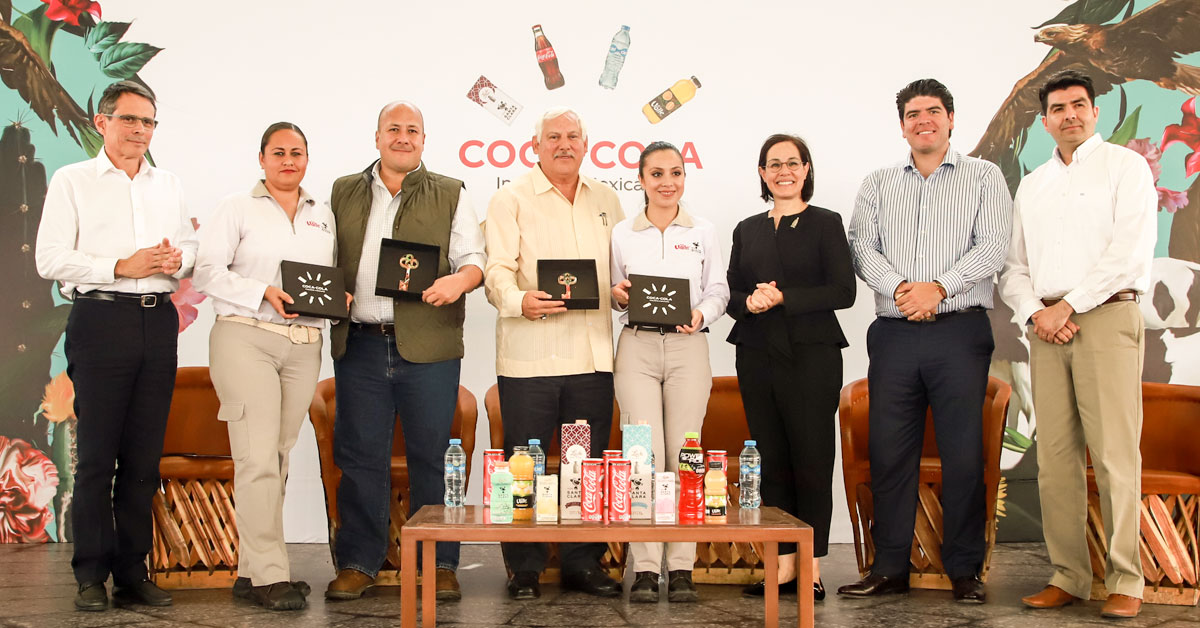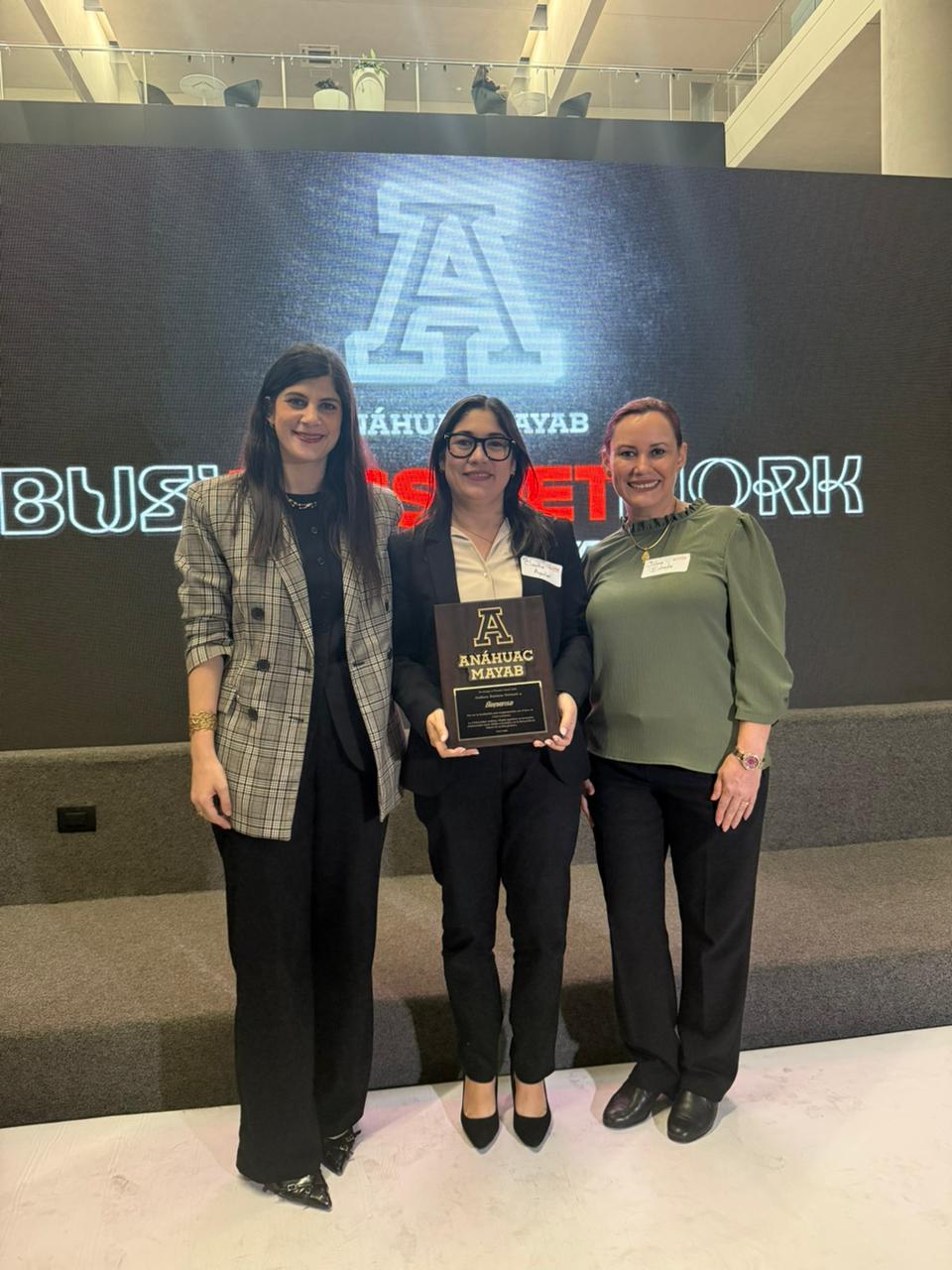Lagos de Moreno, Jalisco, April 29, 2019.- The Mexican Coca-Cola Industry (IMCC) inaugurated the new Jugos del Valle-Santa Clara plant, located in Lagos de Moreno, Jalisco, in the presence of the Secretary of Agriculture and Rural Development, Víctor Villalobos, and the Governor of Jalisco, Enrique Alfaro.
With the goal of boosting the agricultural sector and the development of local producers, the Mexican Coca-Cola Industry is investing in the dairy basin of the Jalisco Highlands, where it aims to generate 3,700 jobs upon reaching its maximum operating capacity.
Thanks to its innovative equipment, which allows for the production capacity of 120 billion liters per year, this new dairy plant has the potential to become the largest in the Coca-Cola System globally. It begins operations producing an average of 4.5 million liters of white milk, flavored milk, and nectars per month.
During the event, Galya Frayman Molinas, president of Coca-Cola Mexico, along with Juan Carlos Jaramillo, general director of Jugos del Valle-Santa Clara, inaugurated the plant under the concept "Together for Mexico," reinforcing the Mexican Coca-Cola Industry's commitment to generating value chains that contribute to the well-being of communities and the strengthening of the national agricultural sector, through the coordination of efforts between society, government, and business.
“For more than 90 years, the Mexican Coca-Cola Industry has been committed to the country's development, and year after year we seek to contribute to shared initiatives that benefit all Mexicans,” said Galya Frayman Molinas, president of Coca-Cola Mexico.
This new plant, which involved an investment of 2 billion pesos, strengthens the Mexican Coca-Cola Industry's commitment to continue investing in Mexico, in addition to the plant in Pachuca, Hidalgo, which will continue producing dairy products, juices, and nectars.
For his part, the Secretary of Agriculture and Rural Development, Víctor Villalobos, acknowledged: "The Mexican government has among its strategic objectives the rescue of the countryside through the implementation of public policies to support the poorest producers, so the efforts of socially responsible companies to support the achievement of this objective through productive investment are welcome. It should be recognized that its development objectives include job creation, special attention to youth and women, and turning to the domestic market for supplies. We welcome the commitment they are establishing with dairy producers in Los Altos de Jalisco and with sugar, fruit, and grain producers throughout the country."
Juan Carlos Jaramillo, general director of Jugos del Valle-Santa Clara, noted that projects like this have the responsibility of being a factor of change and innovation for the country: "We aim to grow our juice, dairy, and seed-based beverage categories, as well as replace our imports to boost domestic purchases of inputs," he emphasized.
For his part, Enrique Alfaro, Governor of Jalisco, emphasized: “The launch of this plant represents a commitment and a show of confidence in one of Jalisco's most important cities. We want to continue driving economic activity in our state; what we need is to build an agenda in which this company can set an example that encourages its producers to raise the quality of their products and that allows us to build an agenda of understanding and cooperation among all, with the best interests of Jalisco and Mexico in mind. What has been launched here is a world-class facility with an investment of more than 2 billion pesos, which I am sure will continue to increase.”
Thus, the Mexican Coca-Cola Industry, made up of eight bottling groups – Bepensa, Arca Continental, Bebidas Refrescantes de Nogales, Corporación del Fuerte, Corporación RICA, Embotelladora de Colima, Embotelladora del Nayar, Coca-Cola FEMSA-, Jugos del Valle-Santa Clara and Coca-Cola México, all Mexican companies – coordinates efforts with the government, communities and businesses to generate greater well-being in the communities where it operates, boosting employment for Mexican families.
These new facilities utilize water treatment plants and processes that guarantee the responsible use of all natural resources and the reduction of emissions—a constant commitment of the Mexican Coca-Cola Industry.



